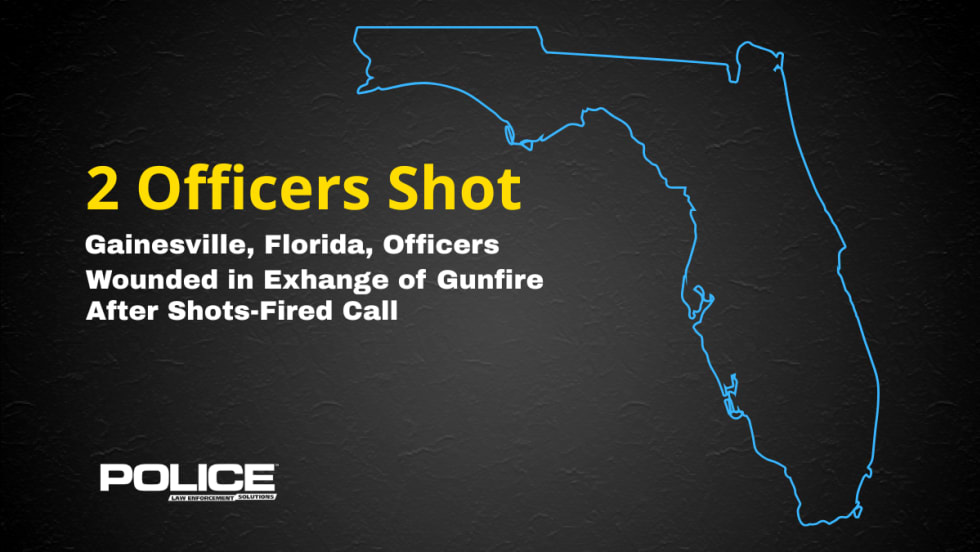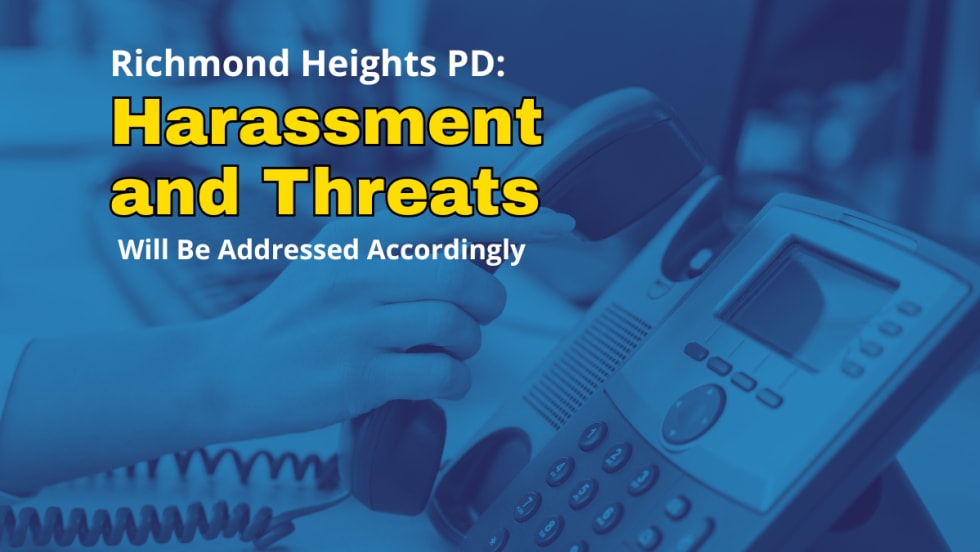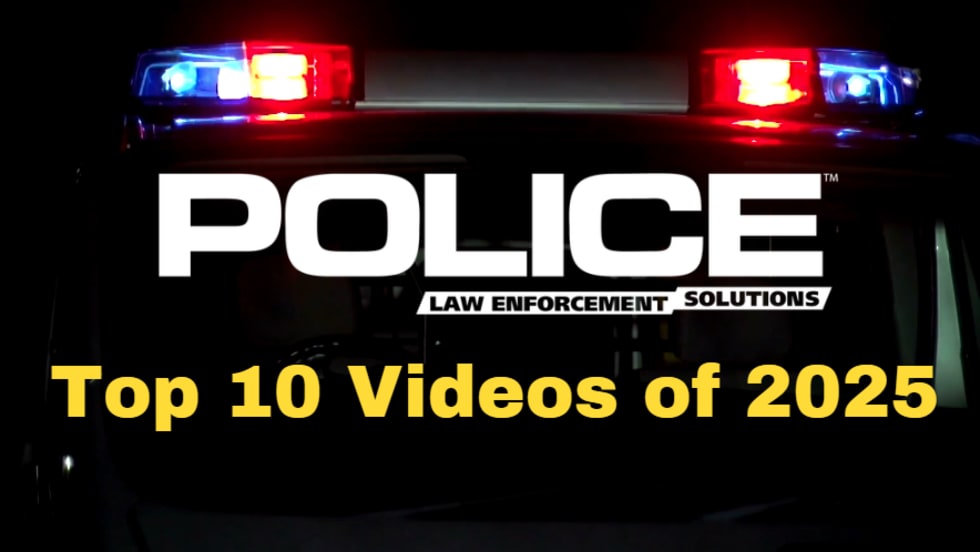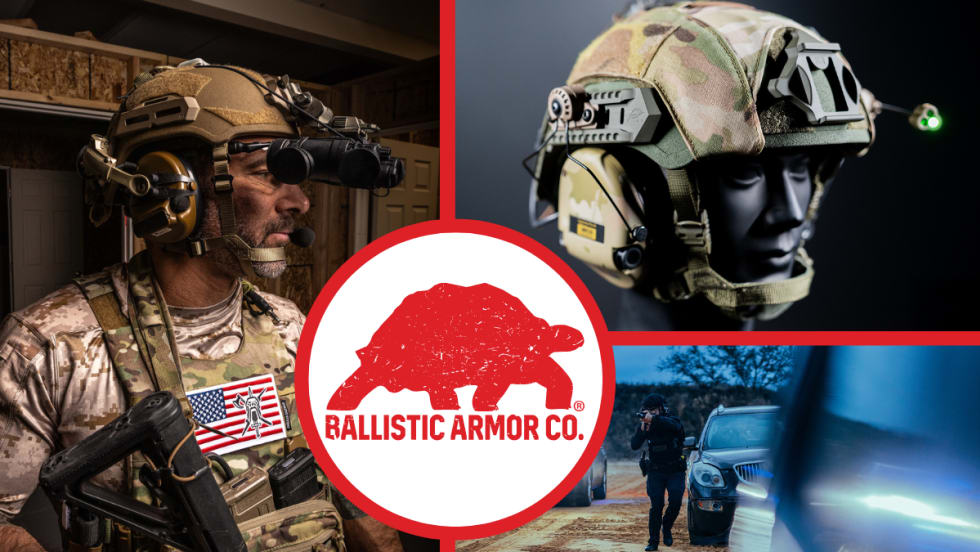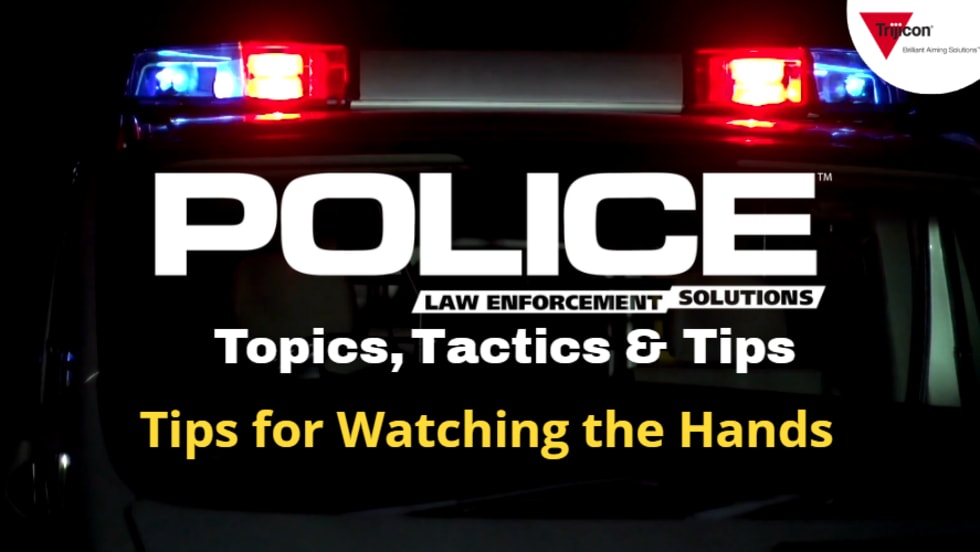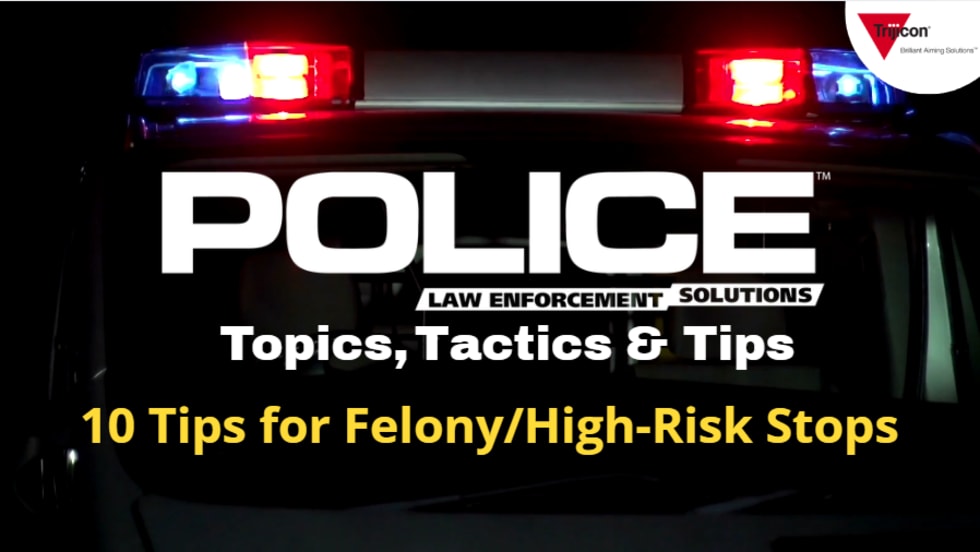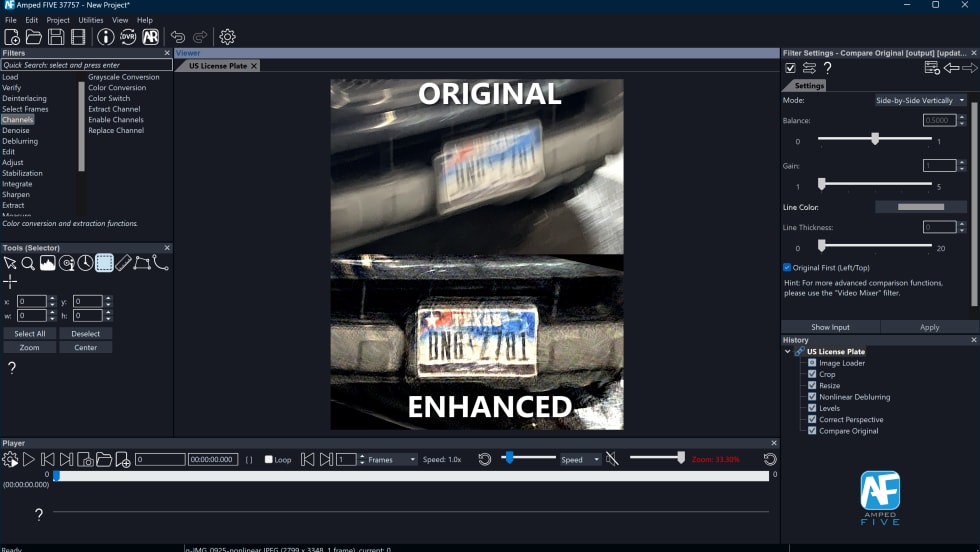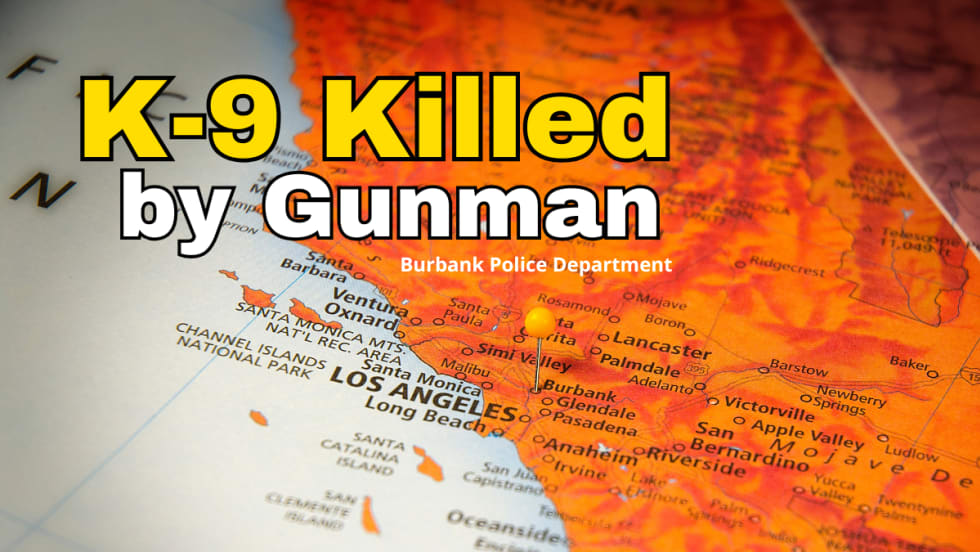When busy prosecutors and judges look at your reports to see whether your detentions, searches, and arrests are justifiable under the vast body of Fourth Amendment rules, they generally focus on the justification you asserted in your reports and your testimony at a suppression hearing. This means they may miss alternative justifications you could have relied on, but failed to. You can help prevent prosecutorial and judicial oversight by making sure your reports cover every possible way to back up your investigative steps, instead of simply picking one theory that may get picked apart by the defense.
Although some searches and seizures may only be justifiable under a single approach, many can be justified several different ways. The U.S. Supreme Court has long held that when this is the case, any independent source of contested evidence will suffice, even when another does not.
The "Independent Source" Doctrine
Let's say you searched the trunk of the suspect's car after arresting him on an outstanding traffic warrant. You found drugs in the trunk and added a possession charge. Your asserted justification for the search was that it was incident to arrest. You request a filing from the prosecutor for the drug charge, but your case gets rejected because, as the prosecutor is aware, the proper scope of a search incident to arrest is limited to the passenger compartment and does not extend to the trunk. (New York v. Belton; Arizona v. Gant) Therefore, the search is not justifiable as incident to arrest, and the evidence is inadmissible.
Although your report made no mention of it, you lawfully impounded the car based on the traffic arrest and conducted a standard inventory, which would include the trunk. The drugs would be admissible under this exception to the warrant requirement, except that you failed to include it because you mistakenly thought your search was permissible incident to arrest. If you don't include all of the independent sources for your searches and seizures and if the prosecutor neglects to explore them, we needlessly lose a good case.




